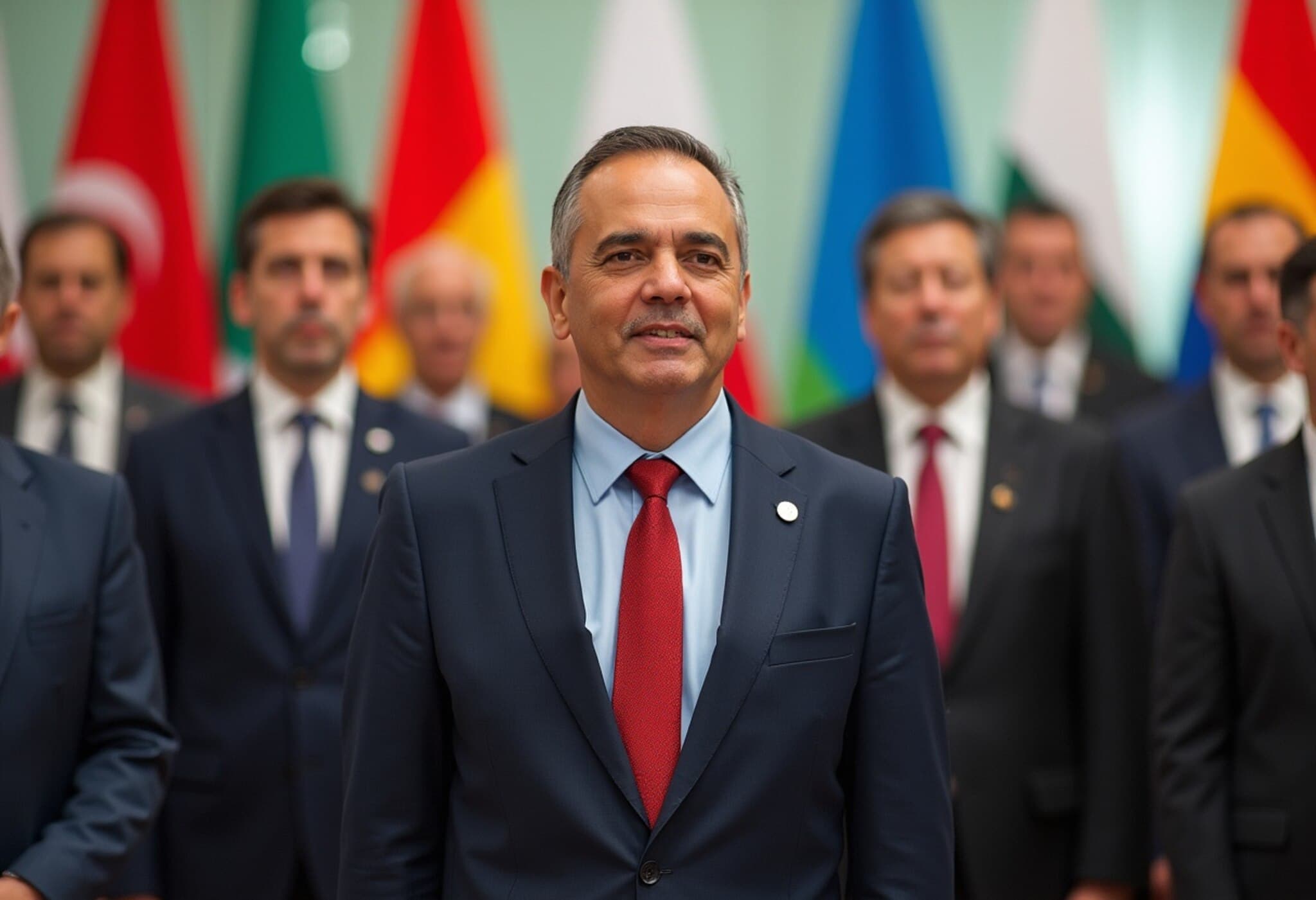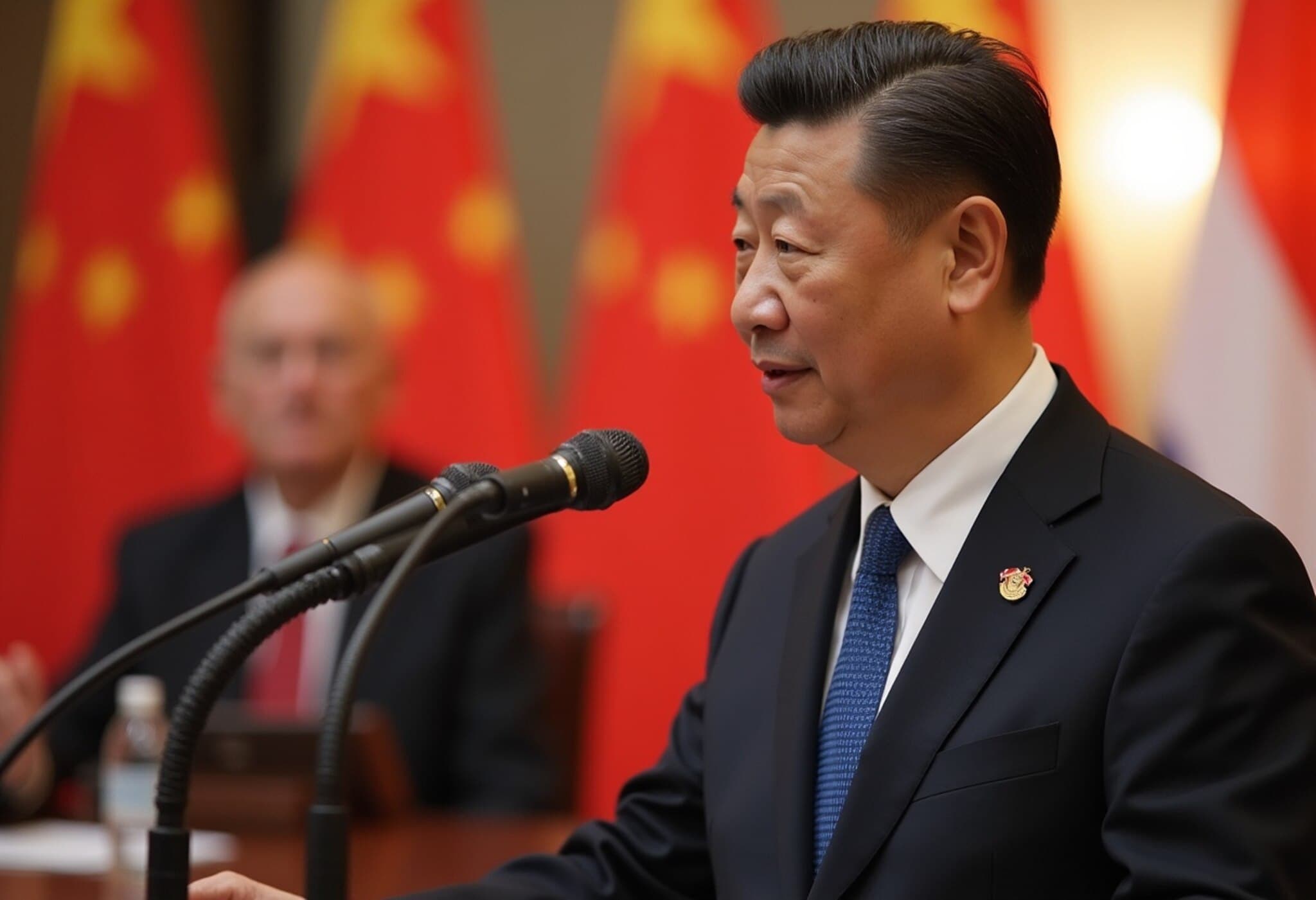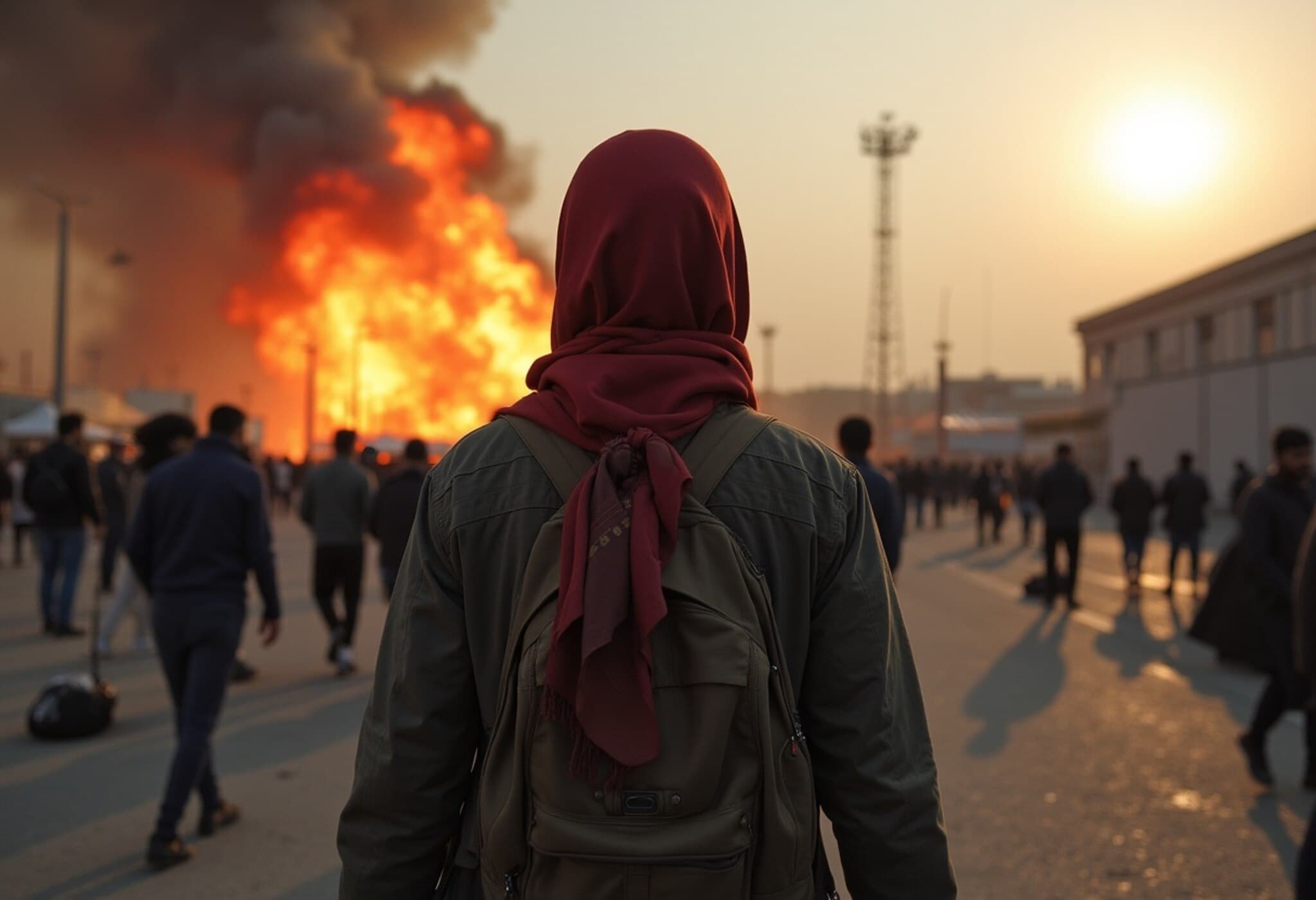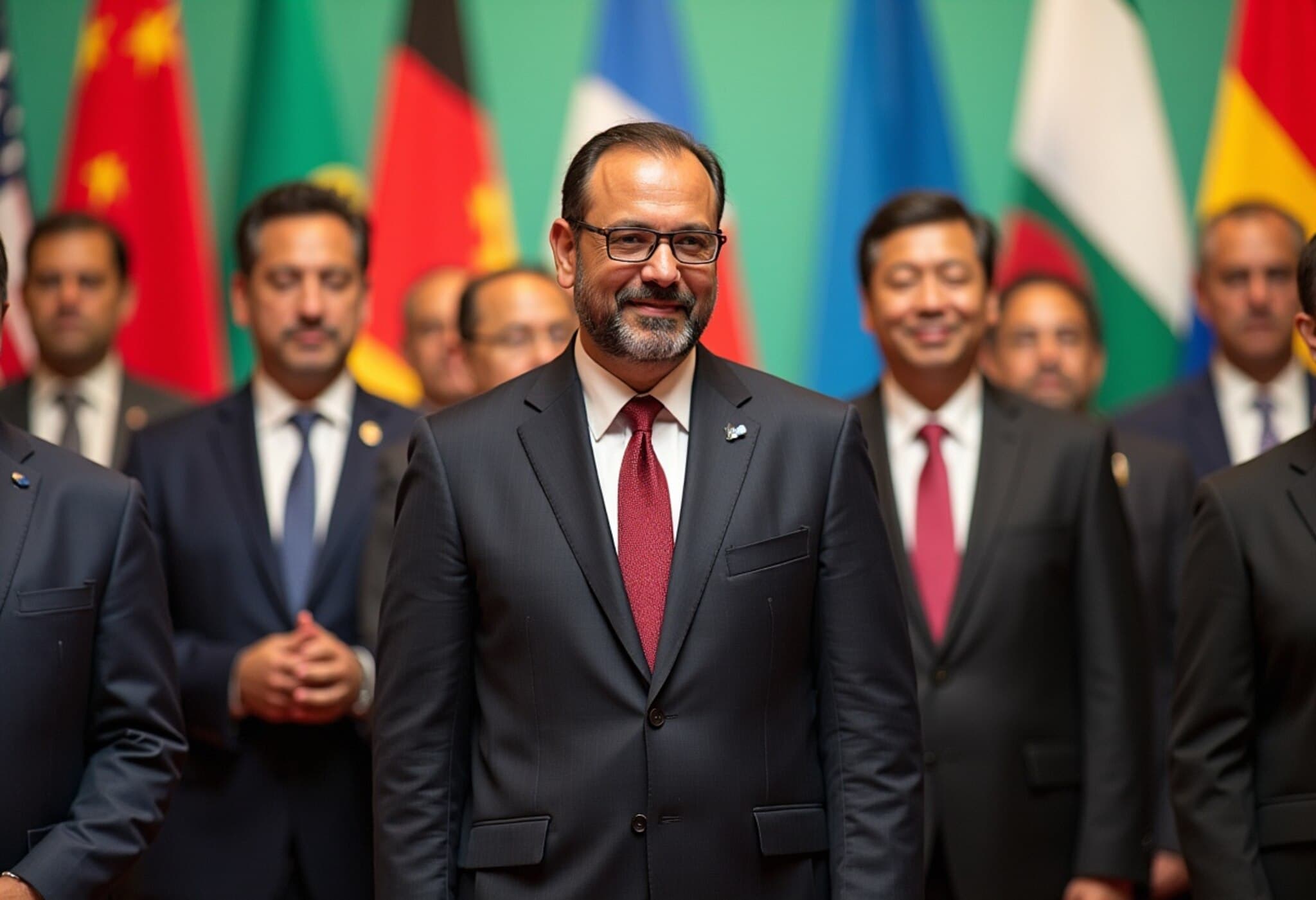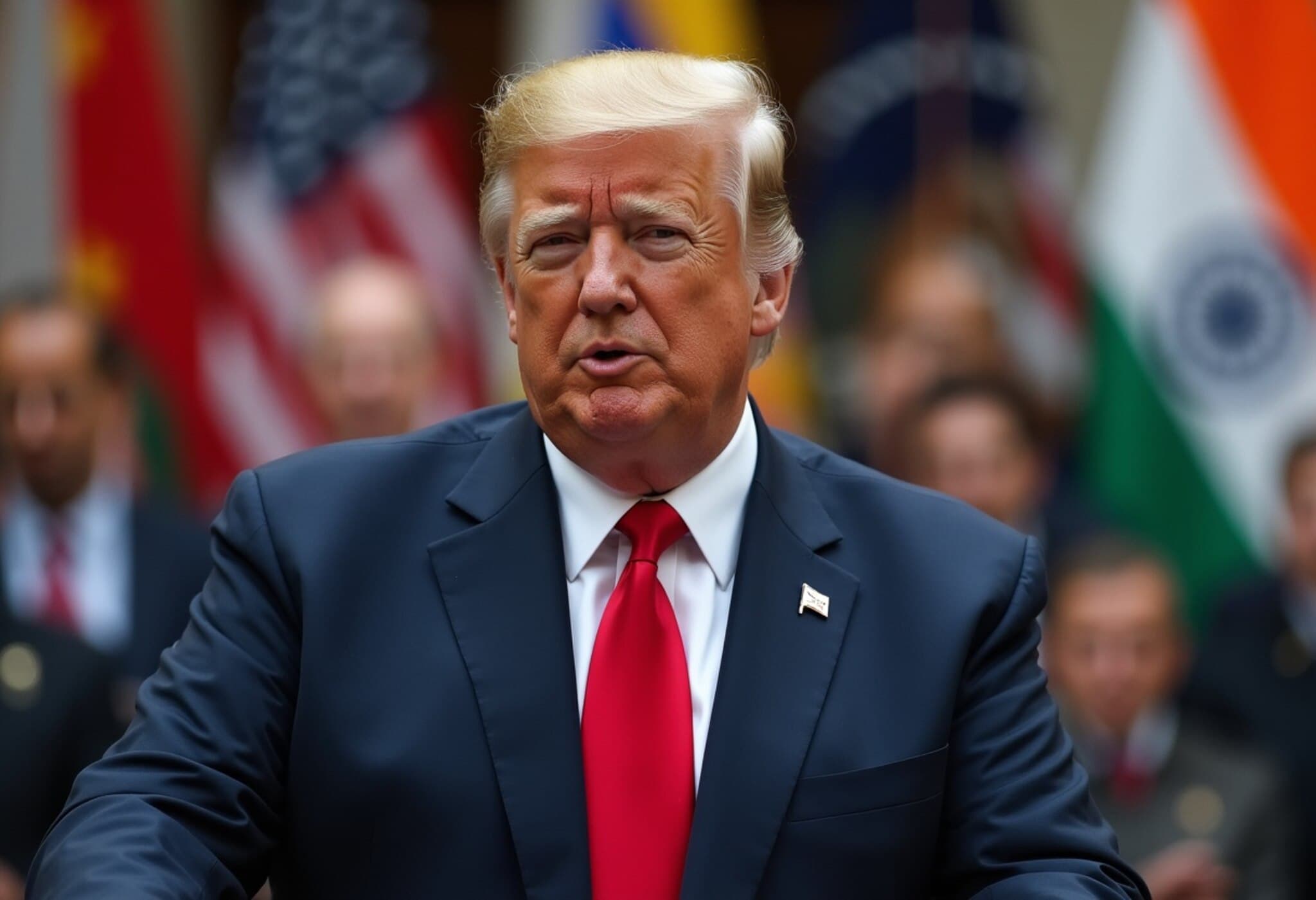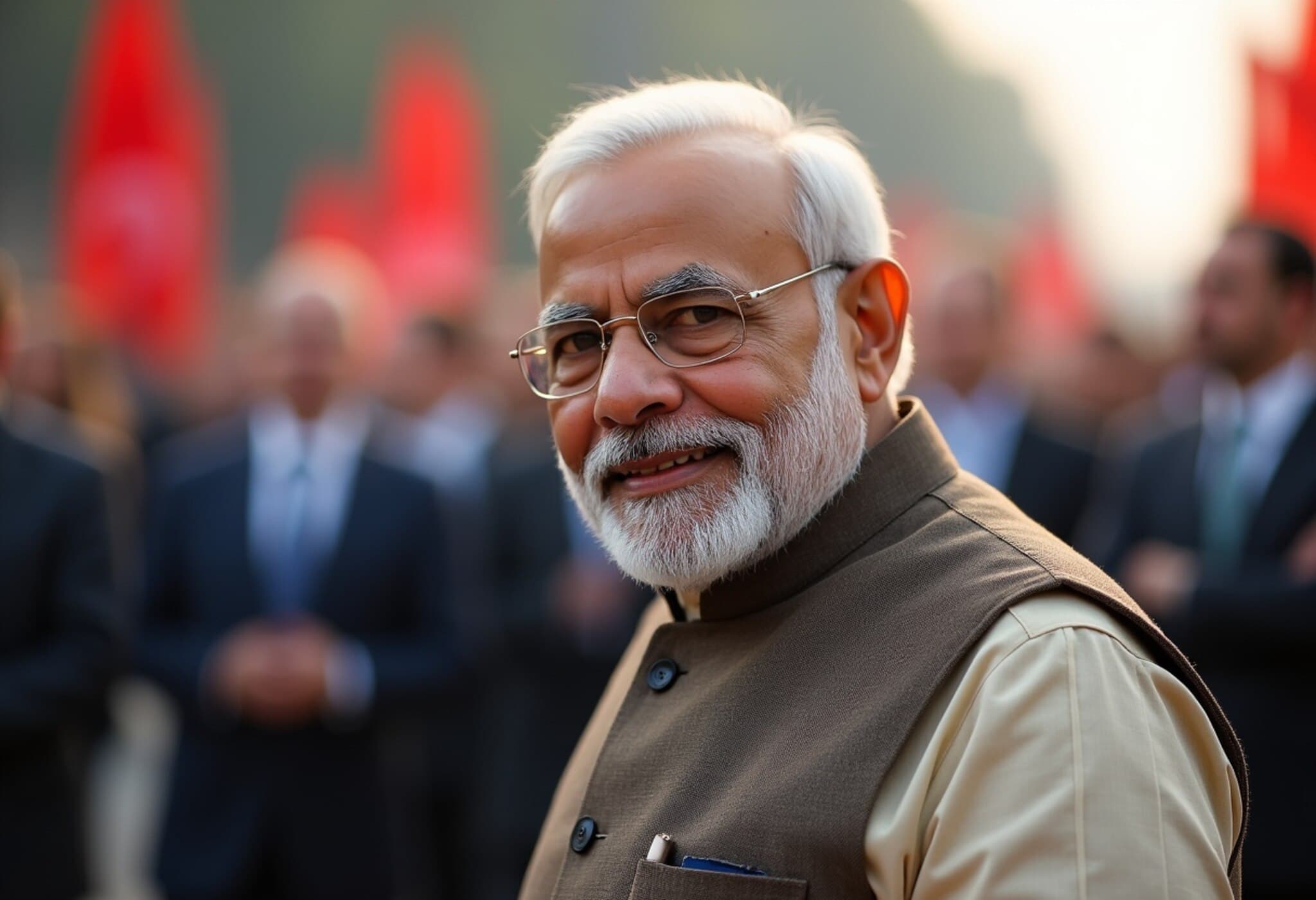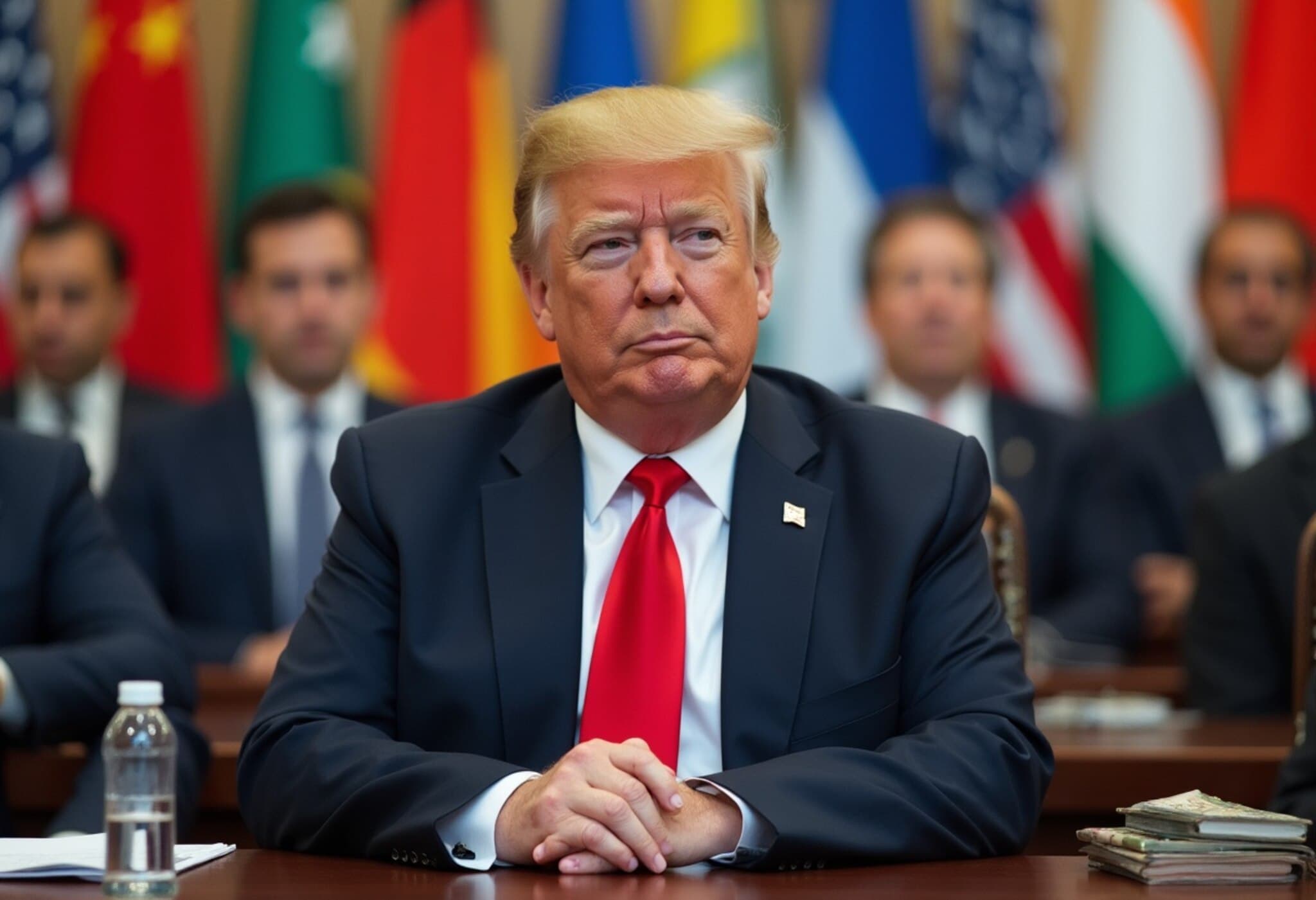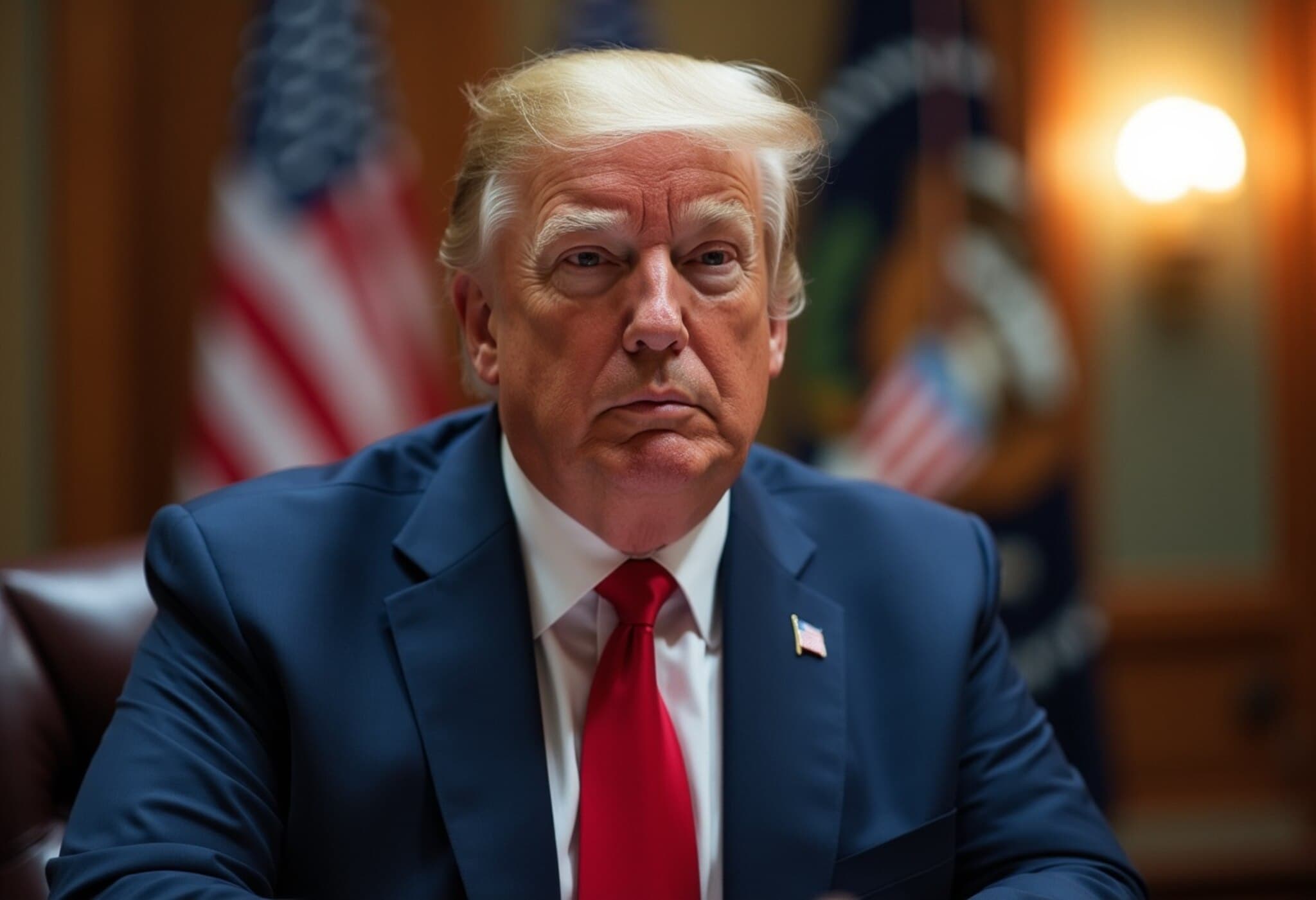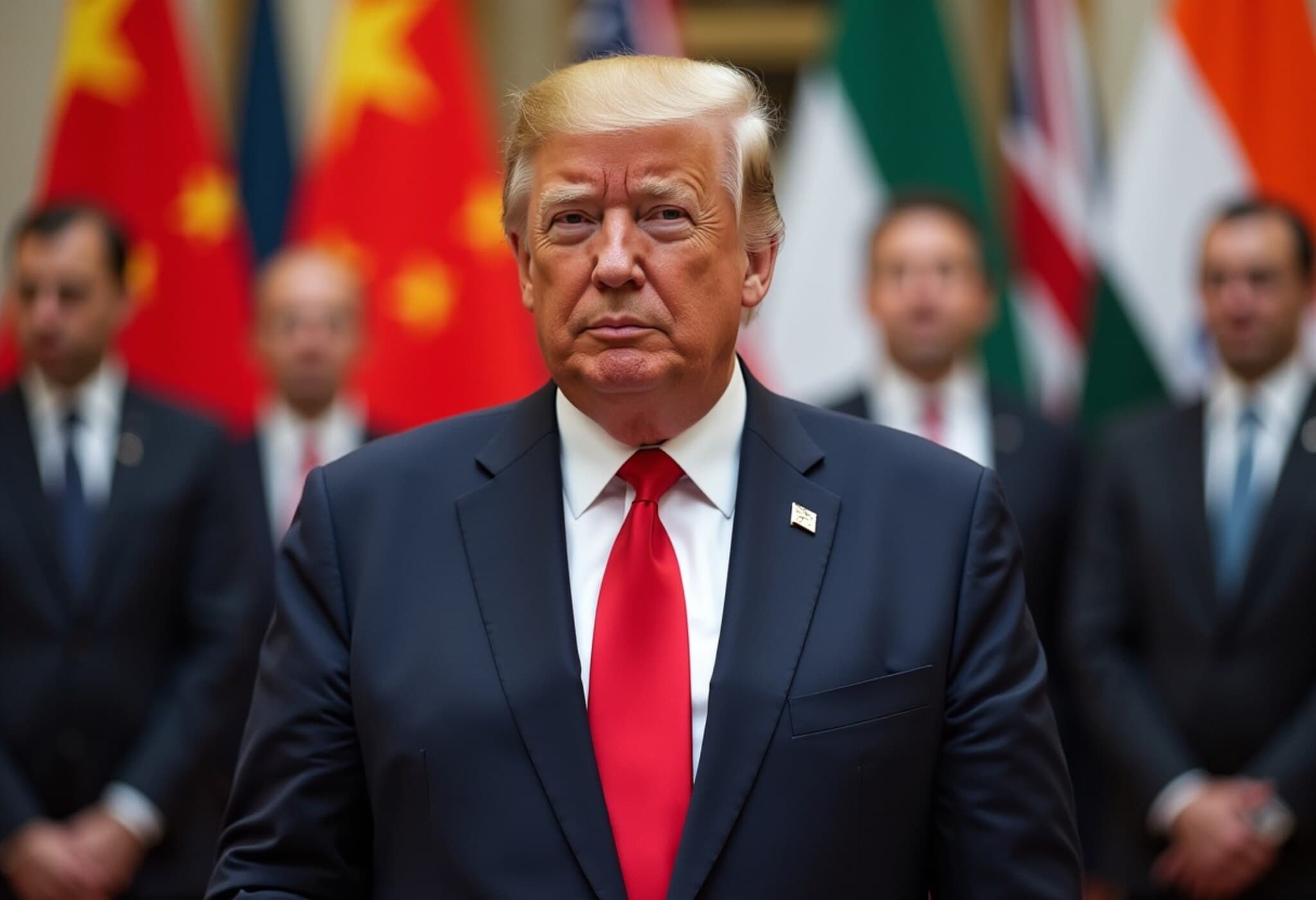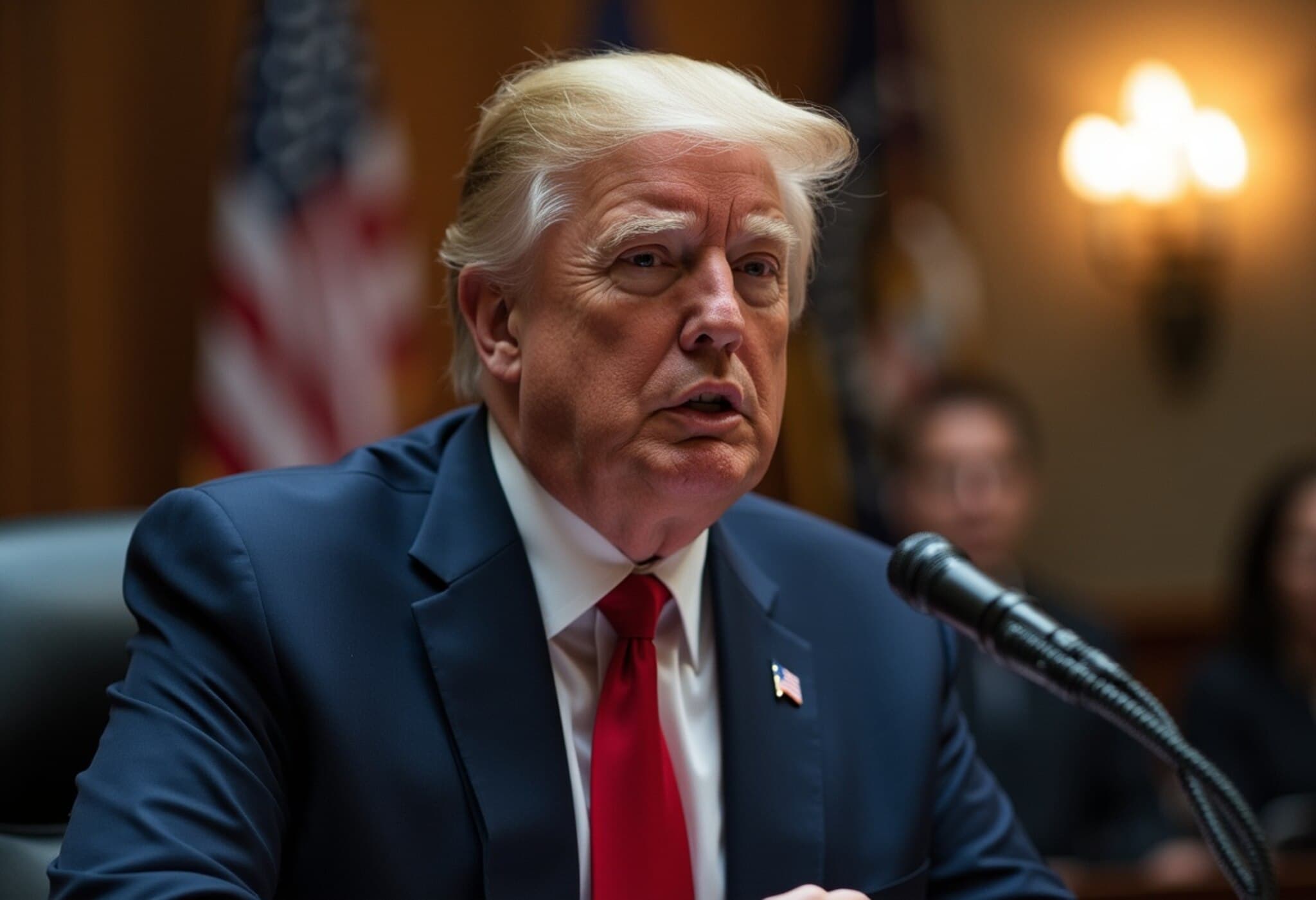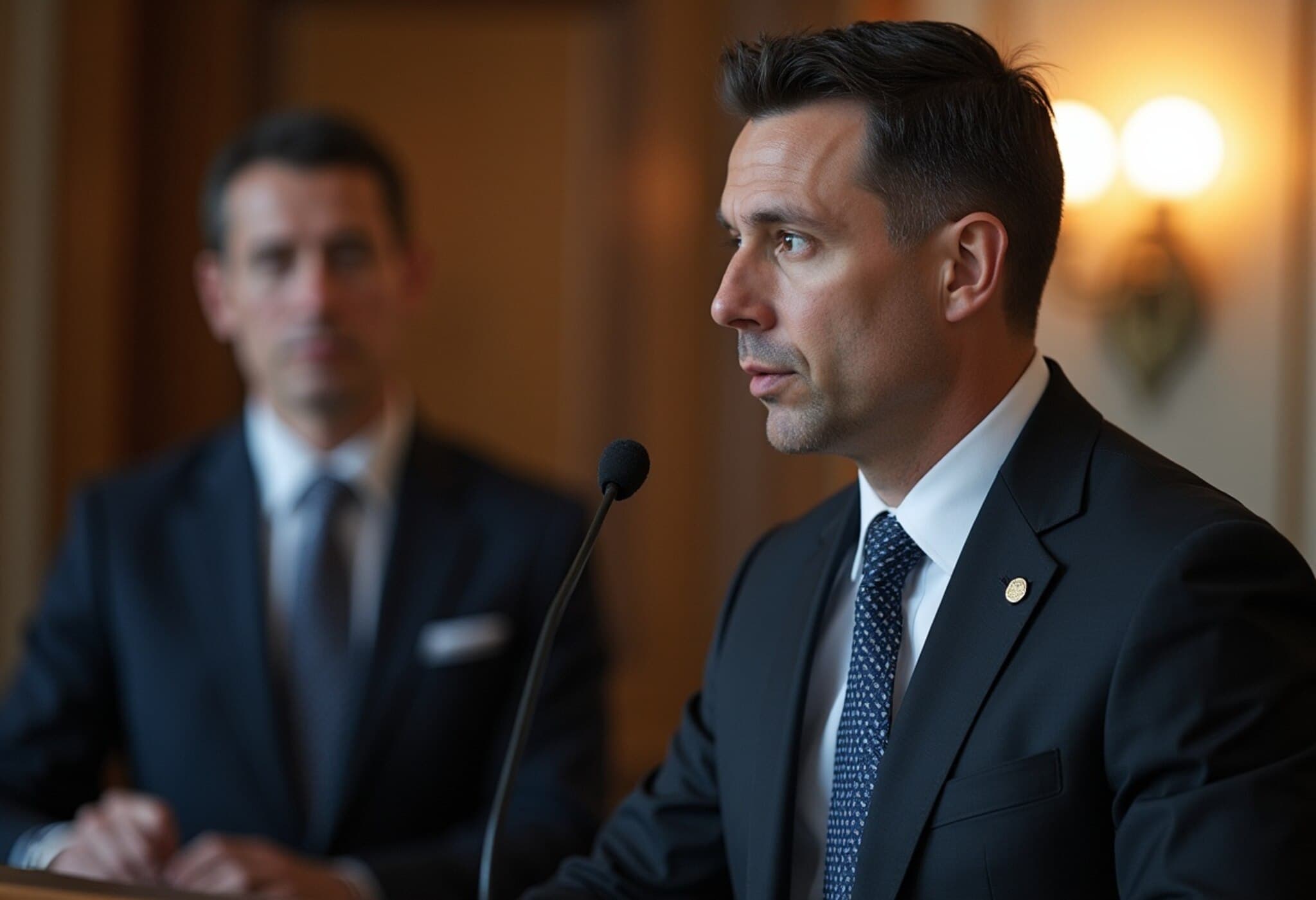Rio de Janeiro Aims to Host Permanent BRICS Headquarters
In a significant move to enhance its global stature, Rio de Janeiro has formally pitched itself as the permanent home for the BRICS economic bloc headquarters. The city’s mayor, Eduardo Paes, recently sent an official letter to Brazilian President Luiz Inácio Lula da Silva, articulating Rio’s keen interest in becoming the epicenter for this influential coalition.
Background: What is BRICS?
Founded in 2009, the BRICS grouping currently includes Brazil, Russia, India, China, South Africa, as well as recent additions like Egypt, Ethiopia, Indonesia, Iran, Saudi Arabia, and the United Arab Emirates. Together, these nations represent nearly 46% of the global population and contribute approximately 37% of the world’s GDP.
The bloc’s mission centers on economic cooperation, promoting sustainable development, and shaping global governance in an evolving multipolar world. Despite its global significance, BRICS presently has no fixed headquarters or permanent secretariat, operating instead through rotating summits and member country coordination.
Rio’s Proposal: A Historic Venue with Modern Ambitions
Rio de Janeiro’s bid includes offering the Brazilian Jockey Club building, a landmark located in downtown Rio. Designed by famed modernist architect Lúcio Costa—the visionary behind Brasília’s city plan—the 12-story building spans over 8,300 square meters (around 90,000 square feet) and features landscaping by renowned artist Roberto Burle Marx.
- Construction and history: Established in 1972, the building combines historical prestige with architectural significance.
- Renovation needs: Estimated at around R$100 million (approximately US$18 million) as of 2019, renovations are necessary to tailor the site to BRICS’ administrative and diplomatic needs.
- Tax negotiation: The proposal includes a strategic agreement possibly forgiving R$220 million in unpaid municipal taxes owed by the Jockey Club in exchange for the building’s use.
Mayor Paes emphasized the city's readiness to host international delegates and support the bloc’s ongoing initiatives, stating, "Rio fully supports multilateral efforts to consolidate BRICS as a decisive forum for the 21st century."
Implications for Brazil and Rio de Janeiro
Securing the BRICS headquarters could bring multifaceted benefits:
- Strengthened global influence: Brazil’s position as a leader among emerging markets would be solidified.
- Economic stimulus: Foreign investment, tourism, and job creation linked to hosting international officials and events could invigorate Rio’s economy.
- Elevated international profile: As a diplomatic hub, Rio would gain recognition as a vital player in global economic discussions.
Experts note that hosting permanent headquarters might also streamline BRICS’ operations, providing the bloc with a stable environment to develop cohesive strategies amid global geopolitical shifts.
Expert Commentary: A Strategic Move Amid Global Rebalancing
Dr. Ana Ribeiro, a Latin American geopolitics analyst at the University of São Paulo, remarks, "Rio’s bid underscores Brazil’s ambition to lead in shaping the future of emerging powers. Establishing a permanent headquarters could mark a new era of coordinated influence, especially as BRICS expands its membership and agendas."
However, logistical challenges such as the cost of renovating an aging building and gaining consensus among diverse member states remain pivotal hurdles.
Underreported Questions and Critical Perspectives
While the proposal is ambitious, several key questions linger:
- How will the bloc reconcile differing political interests among its expanding membership?
- What governance structures will be established to support a permanent secretariat?
- How will the local community in Rio benefit beyond economic injection—such as infrastructural improvements or social programs?
These considerations will be essential as both the city administration and the Brazilian federal government navigate diplomatic discussions.
Conclusion
Rio de Janeiro’s bid to become the permanent home of the BRICS headquarters reflects both a strategic aspiration and an opportunity for Brazil to cement its leadership role in a rapidly evolving international order. Should the city succeed, it will initiate a new chapter for BRICS—transitioning from ad hoc summits to a unified, institutionalized presence that could reshape how emerging economies collaborate on the world stage.
This development prompts deeper reflection on the dynamics of global power and the future of multilateral cooperation. As BRICS grows in size and ambition, the choice of a permanent headquarters could symbolize a fundamental shift in world governance. Readers are invited to consider not only the geopolitical ramifications but also how such decisions impact everyday lives in host cities like Rio, whose identity and economy stand to be reshaped in significant ways.



